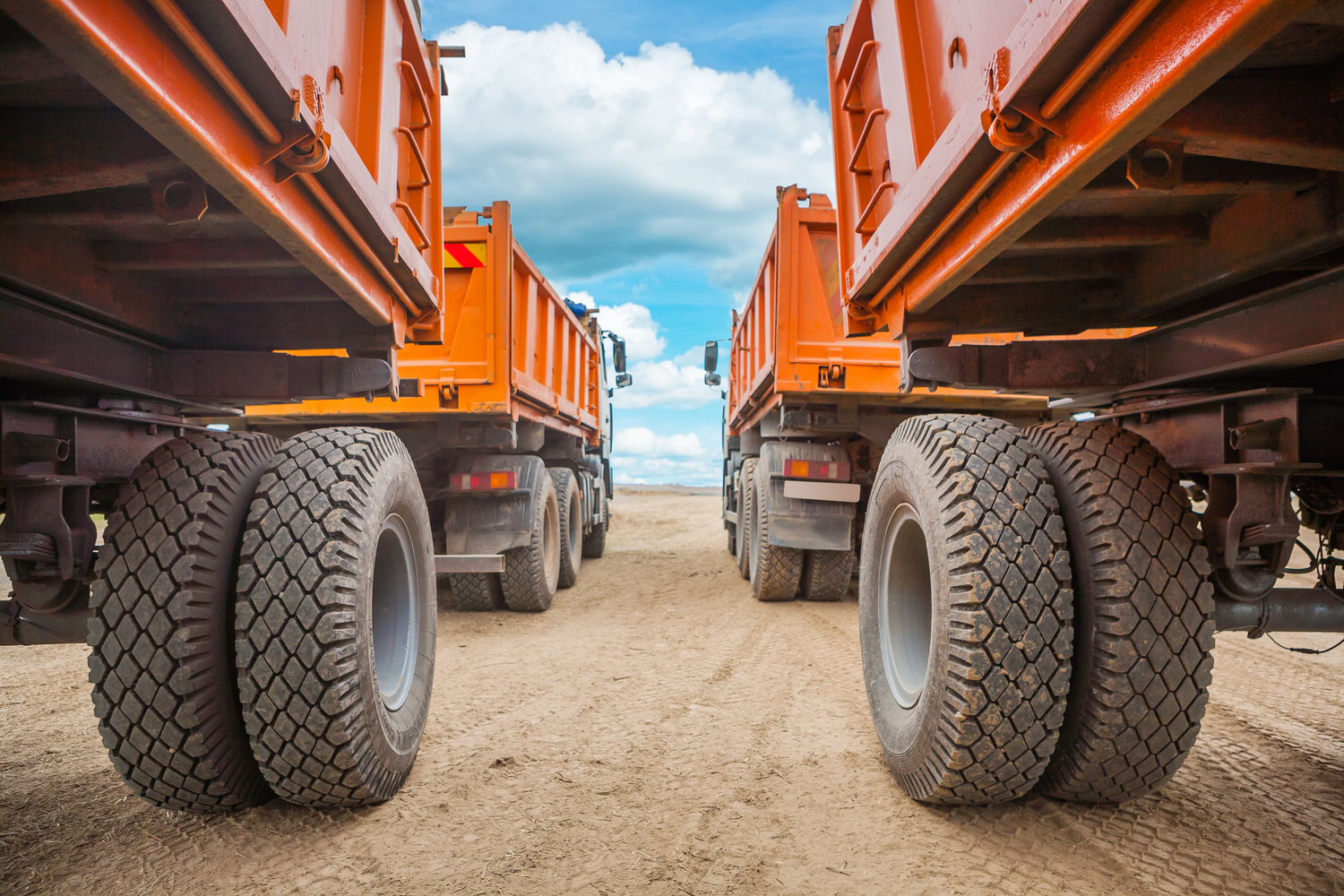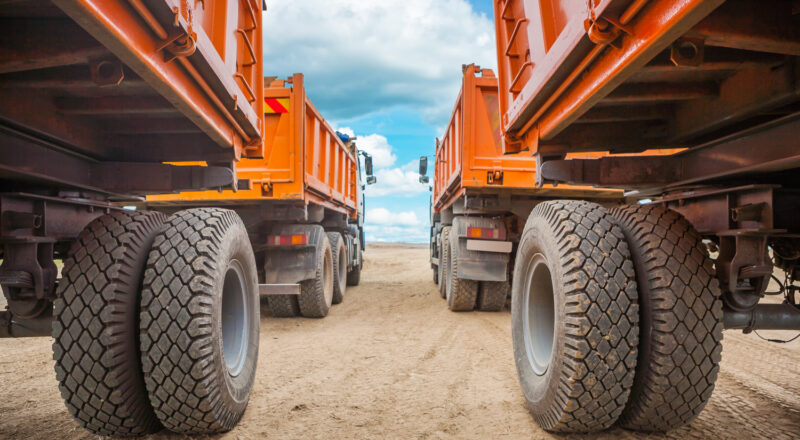
Used equipment is an attractive prospect. Less money, already broken in and (hopefully) no issues to speak of.
Not so fast. Before you commit to buying any used equipment, it’s essential you’re aware of the risks.
Are there benefits from buying used equipment?
Buying second-hand certainly has its upsides.
For example, if you’re starting and need a solution fast but don’t want to put up the capital to buy a brand new piece of machinery, second-hand can be a solid long term solution. But buying used equipment requires more than just a good reason. You need to become a detective to ensure that it’s not compromised. That can be both fun and exhausting. So what exactly should you be checking for when thinking about investing in used equipment?
Here are 6 things to check:
1. Check your used equipment supplier’s credentials
First question: who are you buying from? Is it an old mate down the road, or his mate? You need to be sure you’re getting into business with a trusted and reliable partner. Whether you’re financing it or buying outright – this is a key consideration from the buyer’s side. Companies like Vermeer WA & NT are well known and have a track record of supplying well-kept used equipment. Be sure you’re not getting into trouble by buying from a sketchy supplier.
2. Do a once-over
This should be your first port of call: to carry out a thorough visual inspection of the overall bodywork, frame, tracks or wheels, as well as the engine.
This should be the first and most time-consuming part. If done right, you should get a thorough understanding of the equipment’s
- Overall condition
- Engine quality
- Fluid levels
- Safety issues
- Potential need for repairs
If you notice anything fundamentally wrong with the machinery, this should be an immediate red flag. Speak to the sales rep and clarify before moving on to any other inspections.
3. Check the hydraulics
Hydraulics are fundamental to machinery’s ability to perform its core functions. Second-hand equipment can often have compromised hydraulics, not to mention more complex repair procedures. Due to wear and tear in the hydraulics systems, you could be facing hefty repair charges soon after purchase – in some cases this unpredictable cost can make buying new more attractive. If you’re not familiar with the ins and outs of hydraulic systems – it’s worth bringing an expert along with you. They can help you understand what’s at stake.
4. Check the cabin or interior (if it has one)
No matter whether you’re the operator or you’re buying for an employee, the cabin is where someone is going to have to spend many long hours of work. A second-hand cabin can also be riddled with issues from missing parts, torn seats, or even safety concerns with the rollover protective structure (ROPS). Ensuring these safety aspects are fully in working order is essential to maintain stringent work, health and safety standards.
5. Check the hour metre
Used equipment is, after all, well-used. But by how much should be the question on your lips as you check the hour metre. The hour metre can be found on most heavy machinery within the cabin or on the control panel, or elsewhere on the bodywork of the machine.
It should be (amongst other things) eligible and tell you exactly how many hours the piece of equipment has been actively used. You can tell if it’s been tampered with or replaced as it won’t match the original level of wear and tear of the machine, and you can probably spot a false reading a mile away.
6. Do a noise check
Before you make any decision about the machine in question, turn it on and listen. Often a machine will give away its issues with a simple grunt or grumble. Depending on the equipment, you may find that the engine gives off certain strange sounds like:
- Engine making coughing noises
- Grinding or grating sound as you manoeuvre or turn parts of the vehicle
- Squeaking sounds from the engine
- Other unusual sounds that might indicate a lack of lubrication
Any abnormal engine warbles should be taken seriously and when coupled with black smoke you know there’s a major issue at play.
How to choose the right used equipment suppliers
When it comes to making your final decision, it will eventually come down to several factors. Remember that the supplier you choose to go with plays the biggest role in determining whether the equipment is up to scratch or not.
Equipment suppliers like Vermeer WA & NT are well trusted in the industry for providing high-quality equipment, both used and new, to power the infrastructure and mining projects of the future. Whether you’re in the market for new or used machinery, reach out to your local supplier and get a quote today.


















